Polygon ID x Polygon DAO Integration Launches to Create New ZK-based Governance Frameworks

Today, we’re launching the first iteration of Polygon ID - a private and self-sovereign identity solution powered by zero-knowledge cryptography. To start, Polygon ID enables a whole host of features previously inaccessible to DAOs. It will be integrated with Polygon DAO beginning today, and many more DAOs to come soon.
Too often, we’re forced to trade personal data for access to the most basic of services on the web. At the same time, developers need ways to ensure that their users are interacting with other real humans on the platforms they participate in, among many other identity based needs.
Polygon ID puts users in complete control of their digital identity, allowing them to prove specific aspects of their identity without revealing any personal information.
How does Polygon ID work?
Polygon ID is built using zero-knowledge technology. The solution combines the Iden3 protocol and Circom ZK toolkit to create the most powerful application of ZK technology that can run on a mobile device.
Polygon ID allows the expression of identity attributes as claims that can be used to generate a zkSNARK Proof to privately interact with smart contracts, dApps, Web3 services and other identities in order to prove aspects of the identity without giving away any personal information.
For example, a user in possession of a claim related to her date of birth can prove that she is above a certain age without needing to reveal her date of birth nor her actual age.
For an example of how this might work, see the video below.
Polygon DAO x Polygon ID
In the real world, no one questions the value of voter anonymity. Yet blockchain based voting systems default to tying voting behavior to public identifiers. This is because there has been no way to allow for private voting while still guaranteeing that each user gets verifiably correct voting power. Similarly, there has been no ability to allow for participation in online governance processes based on specific user attributes without directly tying voting activity to a user’s public wallets.
All of that changes with Polygon DAO’s integration of Polygon ID.
DAOs can now issue ecosystem-wide attestations about their members in a fully private and permissionless way. Consequently, DAOs can verify attestations about their users without the need to actually collect any private information, trusting solely the ZK proof, and the source of trust (the issuer). Those attestations can then be used within governance to assist in decision making, or any other system like incentive distribution, e.g., targeted airdrops.
Read more: 5 Questions for Polygon's DAO Lead
As we enter the era of Web3, the complexities of decentralized governance cannot be ignored and should be experimented with to address the future, even if they’re inadequate in the present - think of the Athenians figuring out anonymous voting here. For that, both our conceptual frameworks and relevant tooling need to keep evolving. Polygon DAO aims to avoid the pitfalls of simplistic token-driven governance structures that naively confuse an actor’s investment size for merit.
That said, this is an application of completely new technology. Incorporating Zero Knowledge solutions into a DAO has never been done before. These governance changes are a work in progress, and we would love to hear any feedback from the community as this project evolves.
Private ID, Reputation Building, and Voting
A first step in the direction of improved governance is enabling anonymous identity and reputation building within the DAO. Polygon ID will serve as the main foundation here. It allows for the creation of an open ecosystem of interoperable statements made by one identity about another. A self-sovereign identity can be understood as one where a user is fully in control of their own data.
At the same time, Polygon ID leverages zk proofing. Having received a claim (statement) from an issuer which contains my exact date of birth and country of residence, I am now able to privately (on-chain) prove to any verifier that I’m older than 18 and am not a citizen of any excluded jurisdiction. Importantly, there’s no need for the verifier to trust or know anything about me - they only need to trust that the issuer of the claim did a good job on checking my age and country of residence.
Starting today, Polygon DAO will incorporate Polygon ID-based governance into its processes. To begin, the DAO will leverage this tool to enable sybil-resistant (not susceptible to attacks based on multiplication of identities) governance participation, based around claims issued by the DAO to users. Polygon DAO will allow for private-by-default verification of humans, providing DAO Membership, and Proof of Personhood claims for use within the Polygon ecosystem.
Only hashed data will be stored by Polygon to compare it with the hashed data generated after a successful verification of a new user. No raw personal information will be stored (neither by the service provider nor by Polygon).
Once this process is completed, a Polygon DAO user’s decision-making identity will now not only be fully-detached from all other areas of their on-chain activity, but also fully anonymous without compromising on-chain verifiability.
Polygon ID also creates the possibility for fully-private and verifiable reputation building. In the most desired scenario, someone adding value to the DAO should be rewarded with claims for their work, which can serve as the basis for both financial incentives as well as decision-making powers.
Ultimately, the integration will allow us to define who the citizens of the DAO are, without the DAO knowing more about them than what is absolutely necessary, but at the same time delegating decision-making to them - we believe this is the right foundation for scalable and secure governance frameworks.
Scalable Tooling - Grail
In addition to the identity layer, Polygon DAO will work closely with Grail to create a scalable governance communications platform with Polygon ID serving as the main method of authentication for the platform. Grail will be a modular open-source platform enabling DAOs and Web3 communities to enjoy gated spaces, a rich forum, and unique discoverability.
The initial launch will cover a voting module where users can participate in 1 human = 1 vote Polygon DAO governance using their Polygon DAO Membership claim (as it’s based on the Proof of Personhood claim). Starting with off-chain verifiability, on-chain recording of votes is on the roadmap which can make smart contract execution in a zero-knowledge environment a reality.
Future Roadmap
Over the coming months, the Polygon ID ecosystem will grow to include a set of tools, platform services and examples for developers to learn, test and integrate with their apps or dApps leveraging Polygon ID’s unique on-chain capabilities.
Read more: Four Ways Polygon ID Will Impact Your Life
The Polygon ID product suite will be comprised of the following:
- Polygon ID native app - a set of open source user and developer kits to integrate or whitelabel for custom applications.
- Polygon ID Platform - an open, public platform developers and organizations can use to define and manage the trust lifecycle of their applications and other requirements, such as ZKPs, sources of trust, etc.
- Polygon ID Connect - public service platform to integrate access across the native app and applications.
Polygon ID launches today with the native app to allow Polygon DAO members to access an entire range of previously unexplored governance frameworks in Web3. Polygon ID Platform, and Connect will each be launching in the coming months. These products will allow for the permissionless integration of participants in the Polygon ID ecosystem to enable frictionless interaction of users with Web2 and Web 3 products and services.
Outro
With Polygon ID, among other things, the foundation is set to build a revolutionary governance system for DAOs that allows anonymous and sybil-resistance voting based on reputation. This gives power back to the true contributors of projects, independent (or complementing) of their economic investment.
And when accessing the web, Polygon ID goes a step beyond limiting application’s access to user information beyond what a user chooses to share. Polygon ID enables users to prove pieces of their identity without disclosing any of their private info whatsoever.
You can start using the Polygon ID native App to vote on Grail’s roadmap (web only) using Polygon DAO claims today. To set up your Polygon ID wallet, download the native app for iOS here, or for Android here.
For projects, we’re pleased to announce a community-led Vote for the Bounty Contest. Community members can submit applications for projects to win bounties while winners will be determined by votes cast using Polygon ID. Submit your applications and learn more here!
If you’re curious about how Polygon ID was built, check out the Iden3 & Circom repositories. If you want to learn more about Polygon ID in general, or just want to ask us a question directly, we would love to hear from you on the Discord channel here.
Website | Twitter | Ecosystem Twitter| Developer Twitter | Studios Twitter | Telegram | Reddit | Discord| Instagram | Facebook | LinkedIn



.png)
.png)
.png)
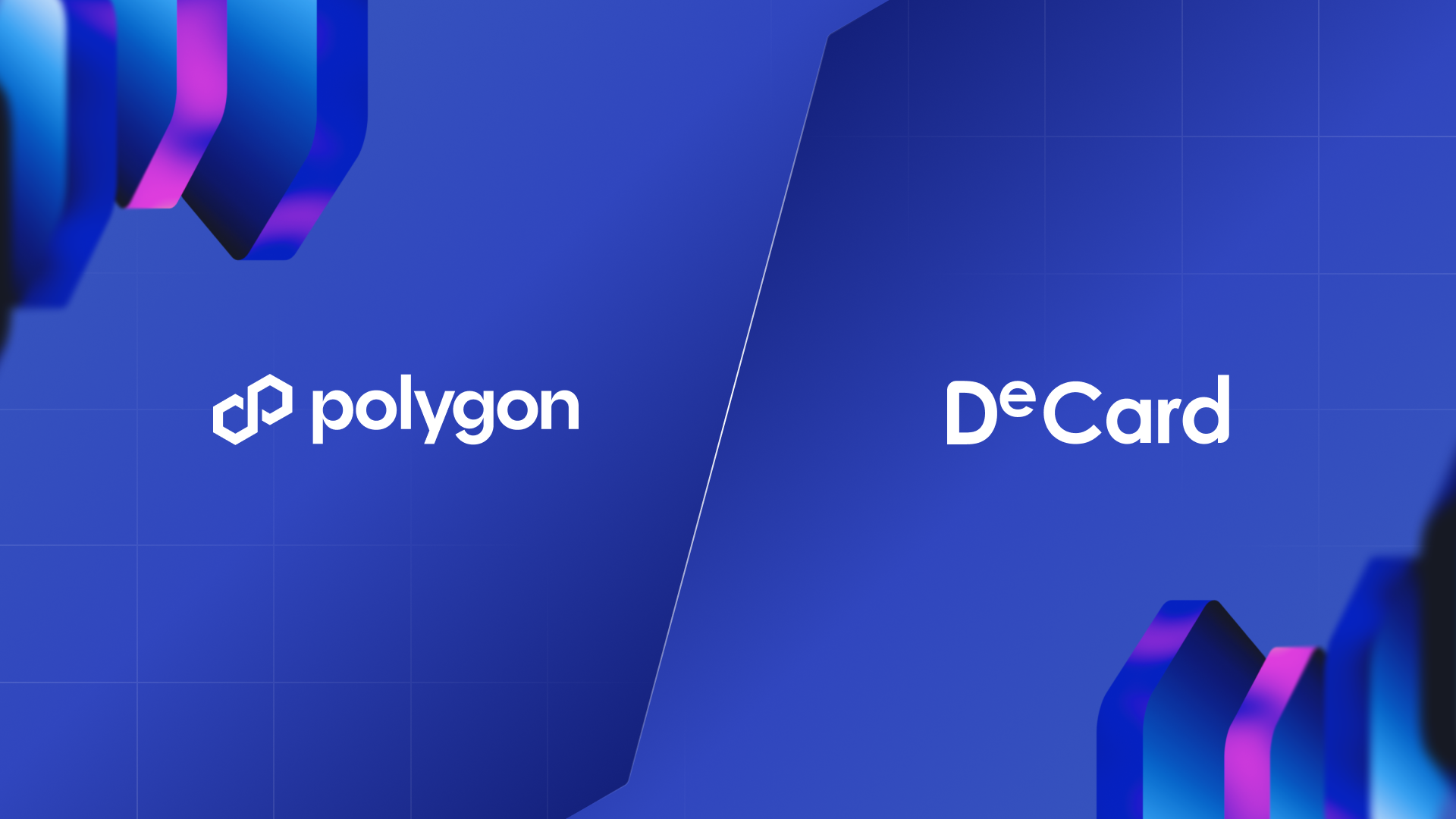
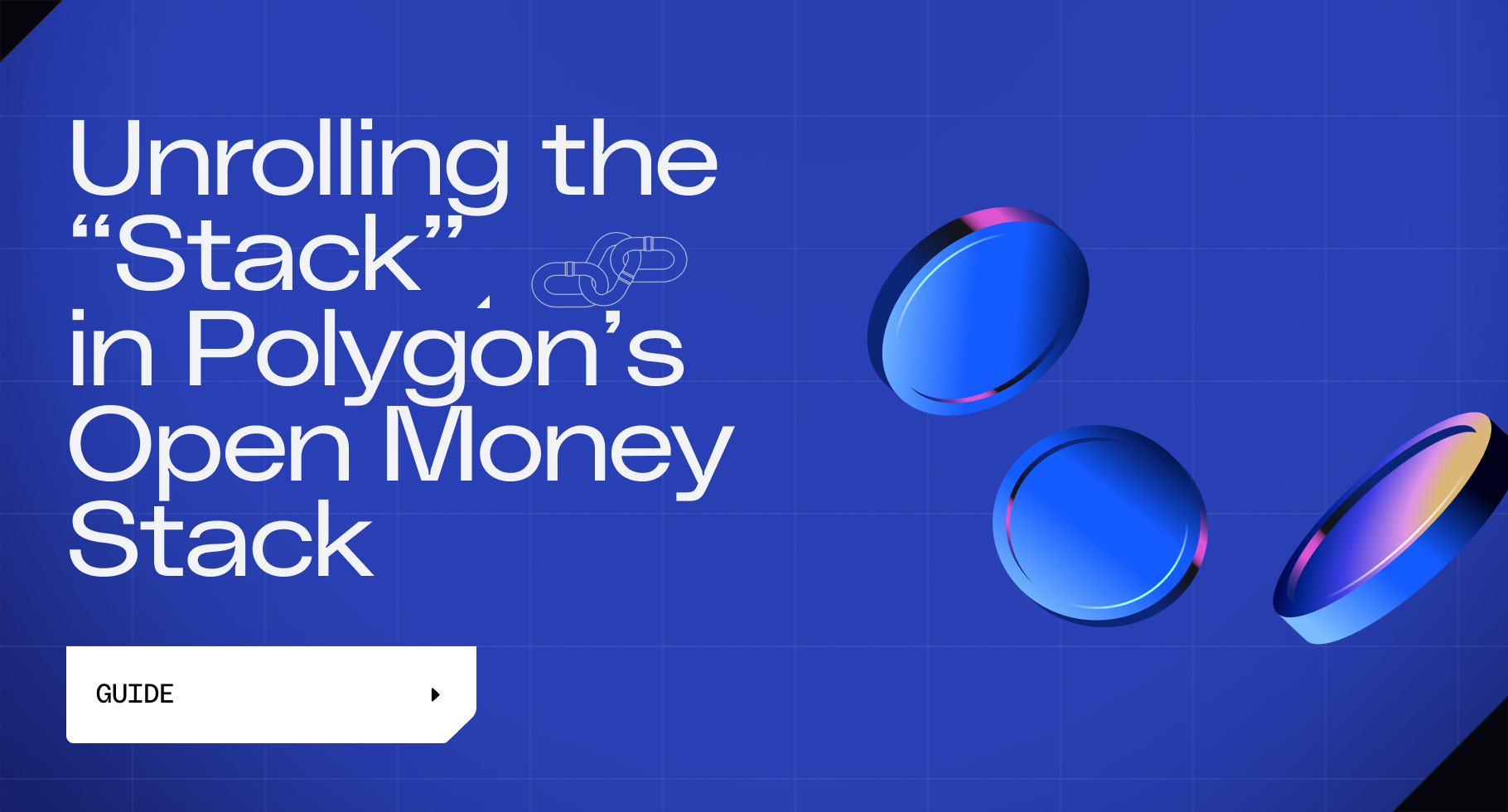
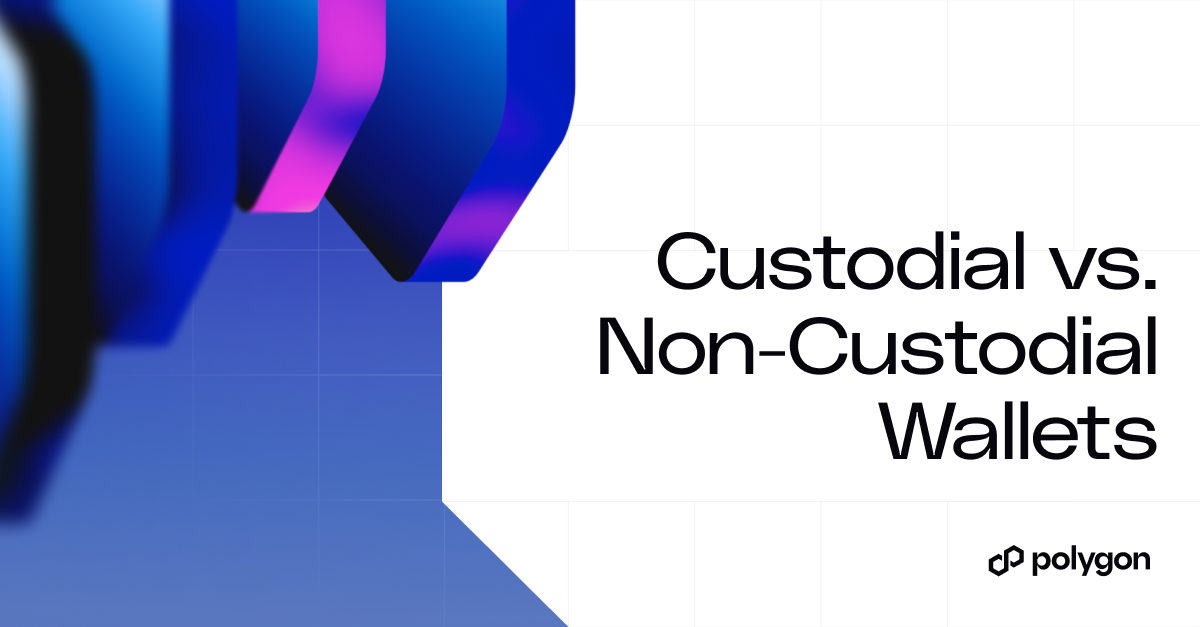
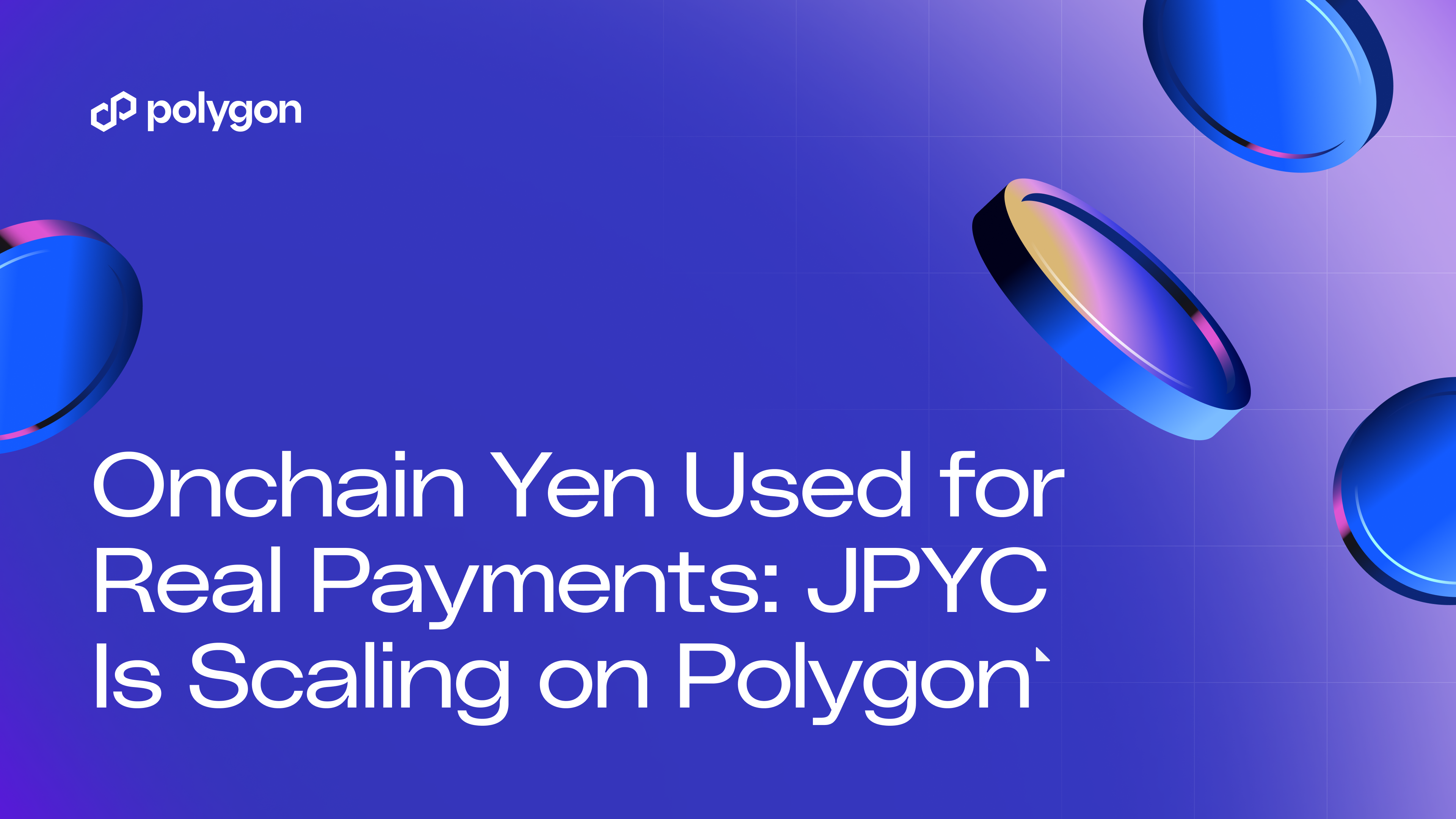
.png)
%20(1).png)
.png)
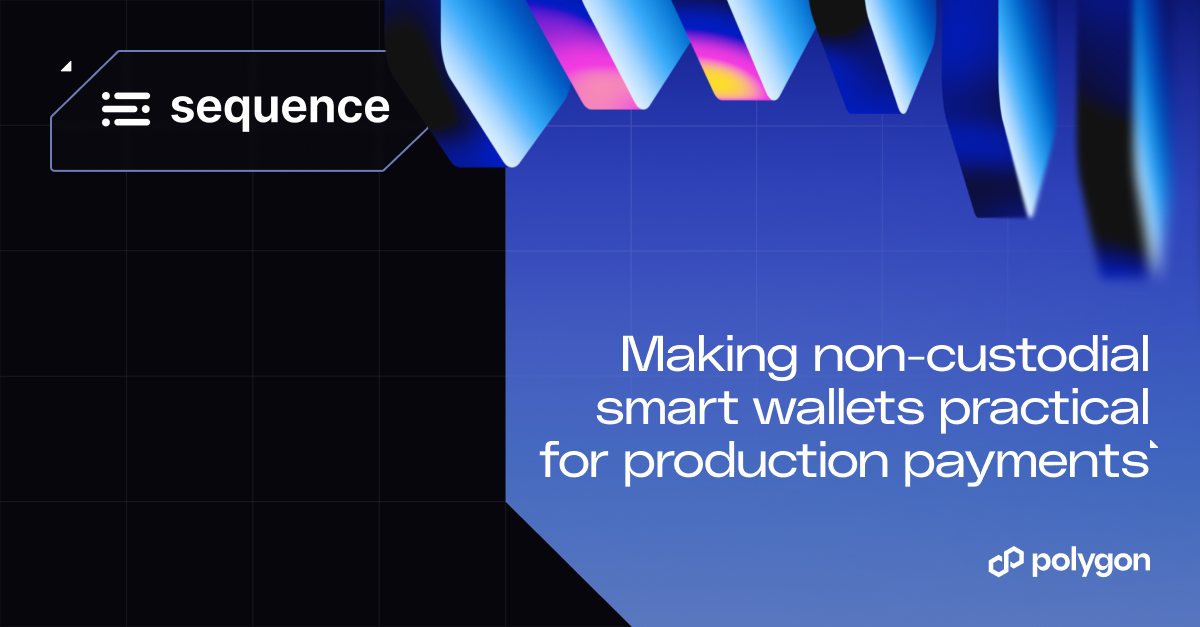


.jpg)
.jpg)